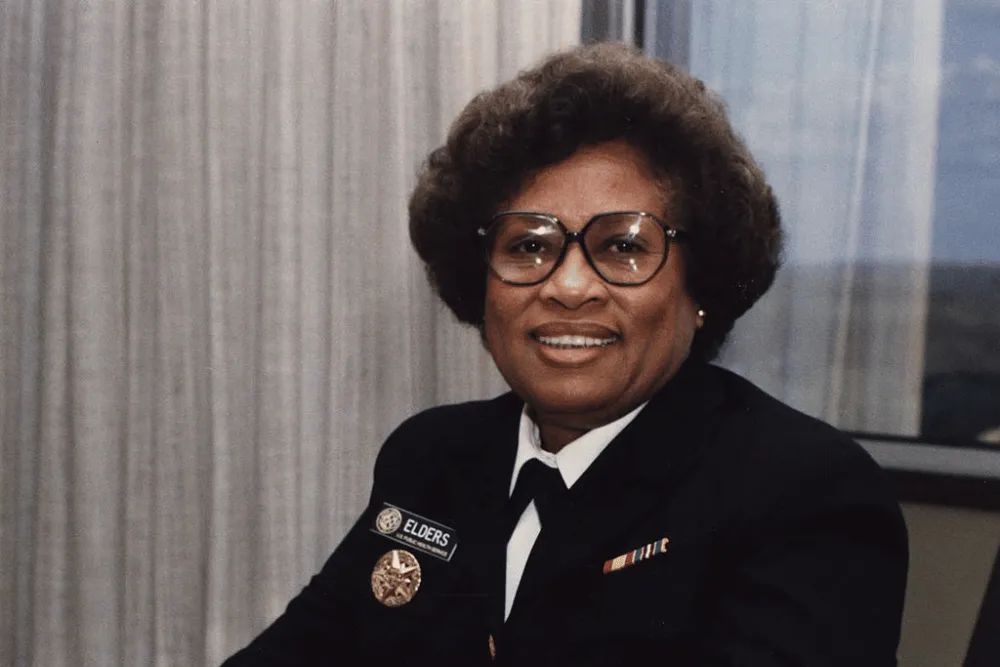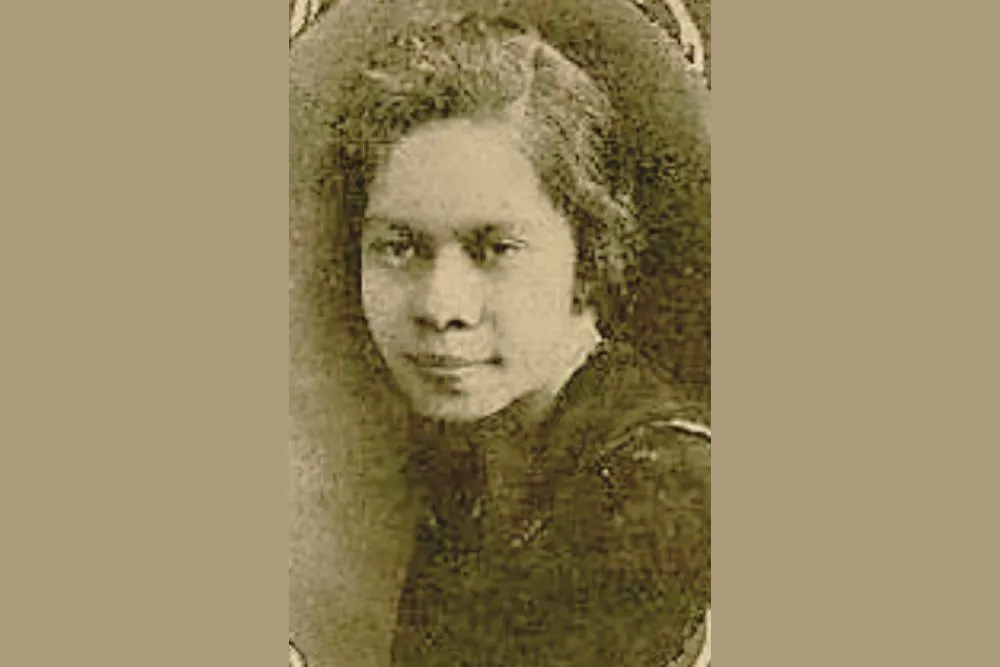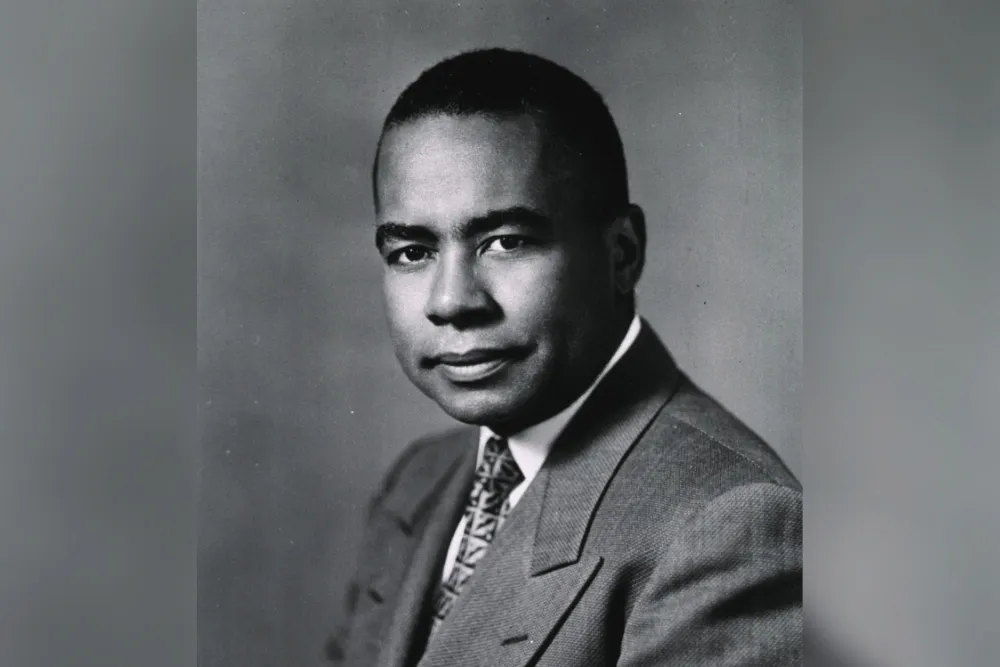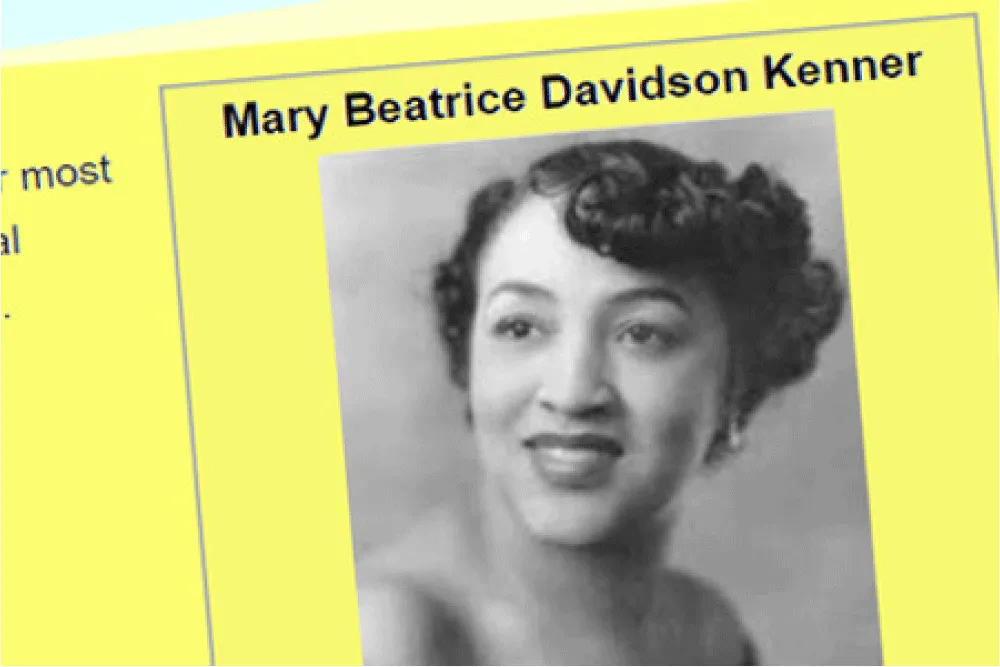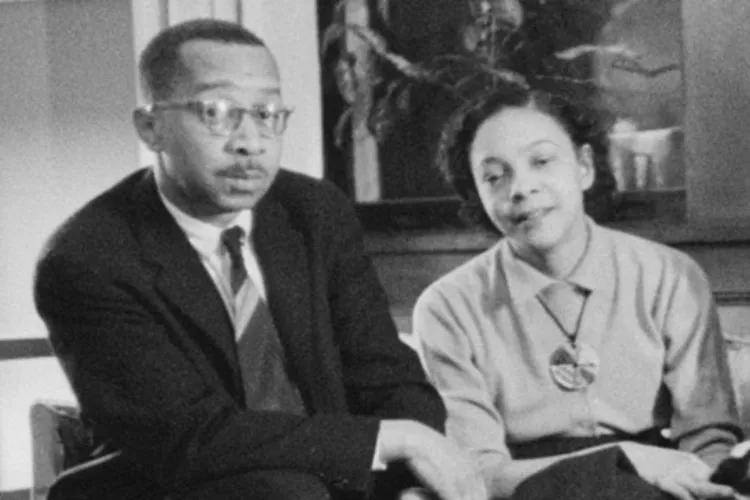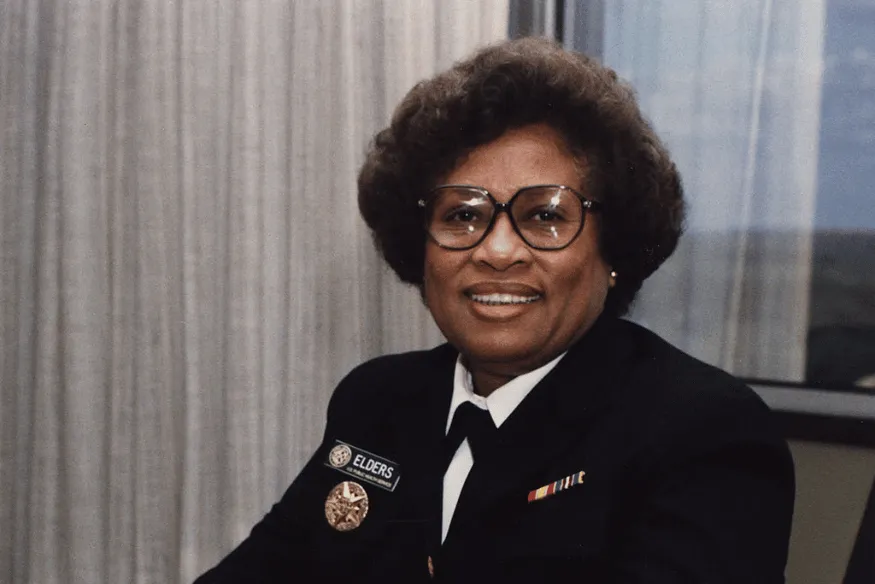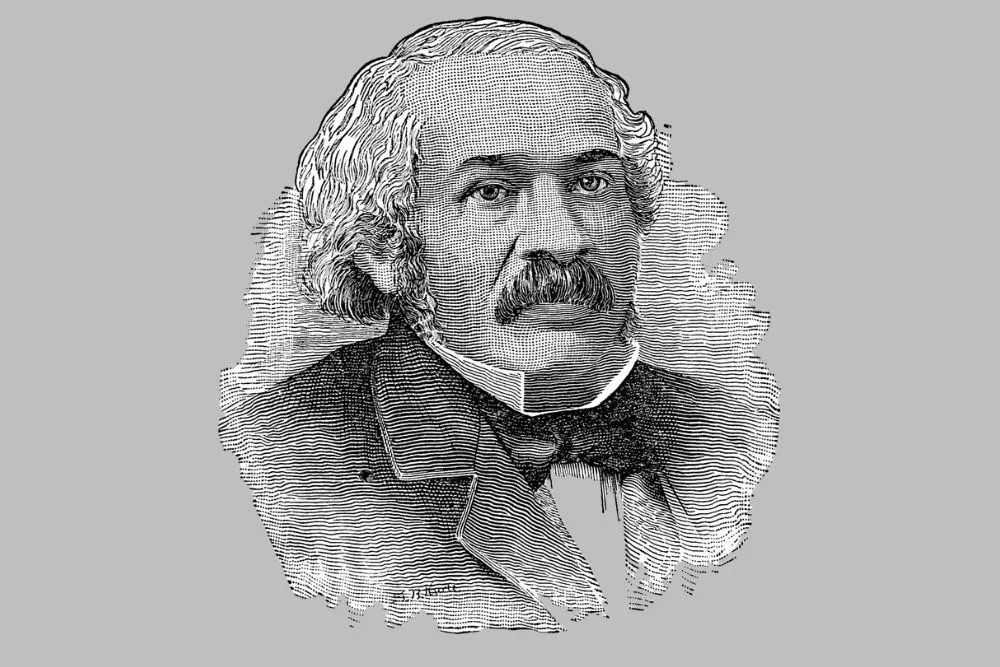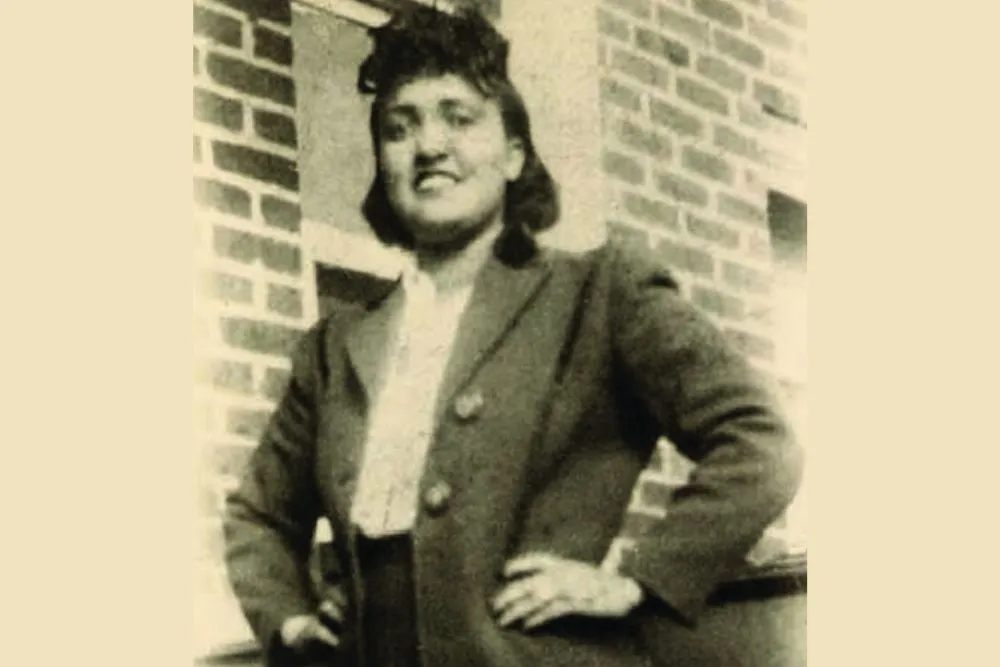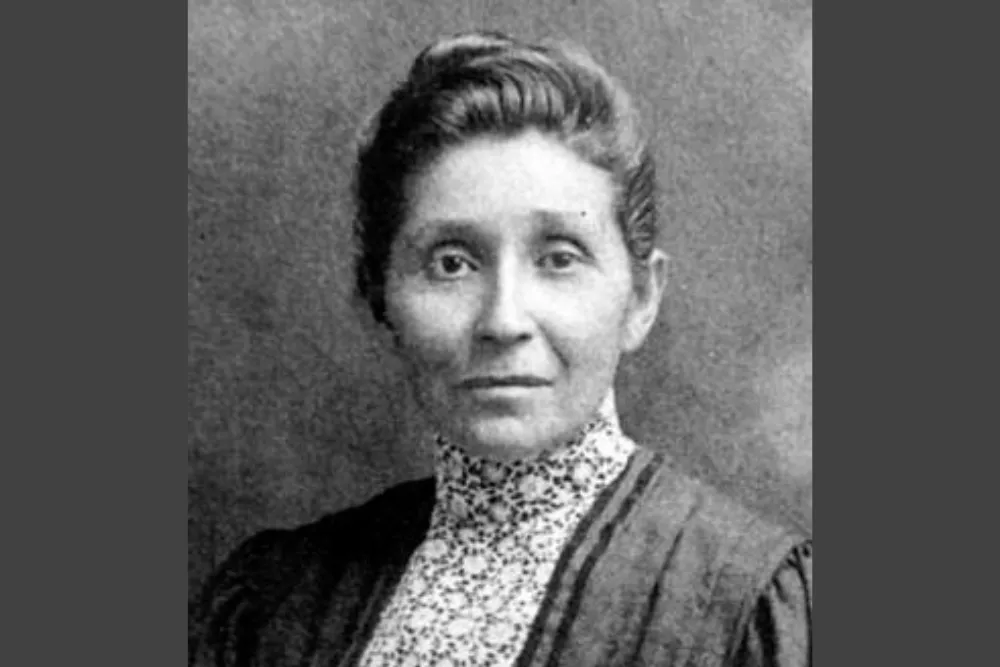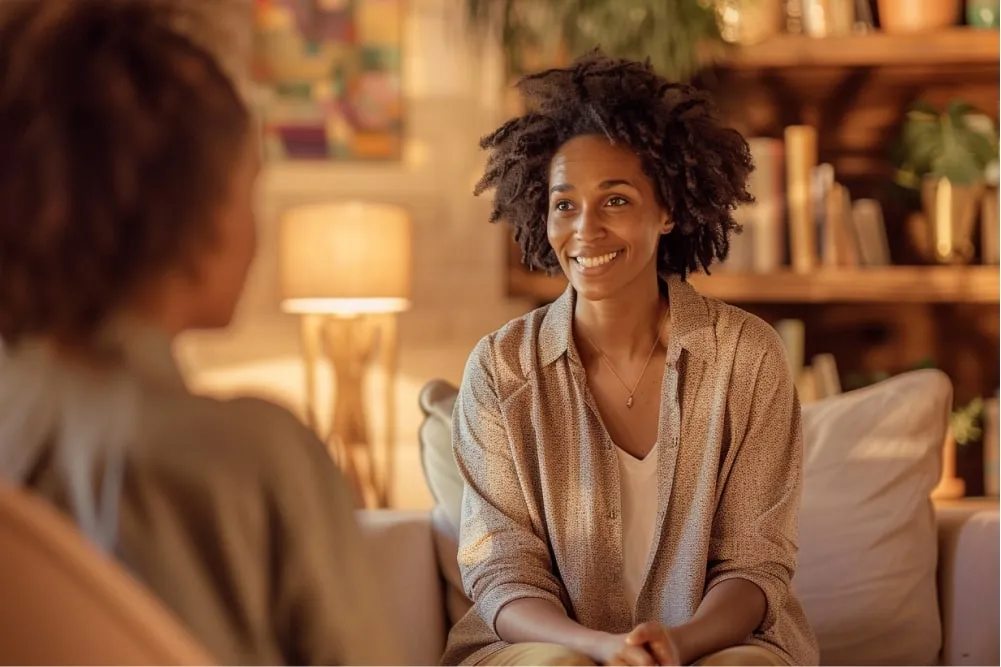Humble beginnings
Joycelyn Elders (born Joycelyn Jones) was born into a time, place, and economic reality that could have easily placed a lifetime of roadblocks ahead of a less motivated individual. The daughter of sharecroppers in rural and poverty-stricken Schaal, Arkansas, she came into the world on August 13, 1933, at the height of segregation and Jim Crow sensibilities in the South.1
Elders was the eldest of eight children, and to help make ends meet for the family, she and her siblings would often help work in the fields. As a result, Elders frequently missed school, especially during the harvest season, between September and December.2
But school attendance generally has nothing to do with capability, and Elders didn’t let the conditions of her childhood stop her from seizing her first big opportunity, matriculating to Philander Smith College, a historically Black college in Little Rock, Arkansas, on a scholarship provided by the United Methodist Church.2
Elders entered the college at age 15 and graduated on an accelerated schedule, taking only three years to complete the program.2 In many ways, the experience would go on to change her life.
Planting seeds
While attending college, Elders excelled in her biology and chemistry studies. She set her sights on becoming a lab technician, the highest station she thought possible to achieve.3 But her vision and ambitions were expanded a few years later when she attended a talk by Edith Irby Jones, the first African American student at the University of Arkansas Medical School.3
Considering that Elders hadn’t seen a doctor before going to college, Jones’ example of what a doctor could look like inspired her to set her sights higher.1,3 By the time she graduated, she realized she not only wanted to be a physician but could be.
Money was still tight, so to get help continuing her studies, Elders joined the military. The Army sent her to Fort Sam Houston, Texas, where she trained in physical therapy. After serving in military hospitals in San Francisco and Denver and receiving an honorable discharge in 1956, she followed in the footsteps of her inspiration, Jones, by enrolling in the University of Arkansas Medical School, with help from the G.I. Bill.3
She graduated in 1960—the only woman in the graduating class—and married her husband, Oliver Edwards, whom she met while performing physical exams for the university basketball team he managed, the same year.2,3 She followed up that momentous run of events with an internship in pediatrics at the University of Minnesota Hospital in Minneapolis before returning to the University of Arkansas, where she completed her residency, rose to chief pediatric research fellow, earned an additional degree in biochemistry, and joined the faculty in the matter of a few years.2
{{link-bank-one-column}}
Blossoming
Over the next two decades, Elders’ work became increasingly focused on pediatric endocrinology, or the study of hormone-related issues, such as challenges around puberty and growth, in children.
She was the first person in Arkansas to become board-certified in the subject, and her dedication to the topic was prolific, resulting in more than 100 papers on issues like puberty and juvenile diabetes.3 She also became increasingly concerned with the sexual health and fertility of young people, specializing in many topics around safe family planning.3
While Elders had her eye on lofty research and goals, others had their eye on Elders, including the then-newly-elected governor of Arkansas, Bill Clinton.
In 1987, Clinton tapped Elders to lead the Arkansas Department of Health, largely thanks to her work in family planning. However, the topic was still a very sensitive one in heavily conservative Arkansas, and Elders became no stranger to controversy or criticism as she worked to expand access to clinics and sexual education throughout her tenure.3
Her work in Arkansas also bore several indisputable benefits, including programs to curb substance abuse and promote self-esteem, expanded prenatal care, and increased home-care options for the chronically or terminally ill. And between 1987 and 1992, when Elders left the post, she helped the state nearly double childhood immunizations.3
Onward and upward
When Elders left her job in Arkansas, it wasn’t to slow down. It was to follow Clinton to Washington, D.C.
After her former boss won the general election in 1992, he quickly appointed her to the post of Surgeon General, the top physician in the country. Elders was the first African-American and only the second woman ever to hold the position.
Especially serendipitous was Clinton’s desire to reorganize the healthcare system, one of his signature campaign promises that year. While the attempt was ultimately unsuccessful, Elders still worked closely with Clinton on many aspects of the idea, and she regularly made public appearances, beseeching citizens to utilize unorthodox approaches to healthcare.1
Elders also continued her crusade for increased awareness and access to sexual health for young people while in Washington. But the topic continued to plague her career with controversy, and public outcry around her suggestions to increase sex ed in schools ultimately led to Clinton asking for her resignation in 1994.
The following year, she returned to the University of Arkansas, where she continues to teach to this day. And despite stepping down from public office, Elders continues to be outspoken about her views on public health, helping expand perspectives and conversations about the subject that can lead to a more tolerant and healthier future for all.


